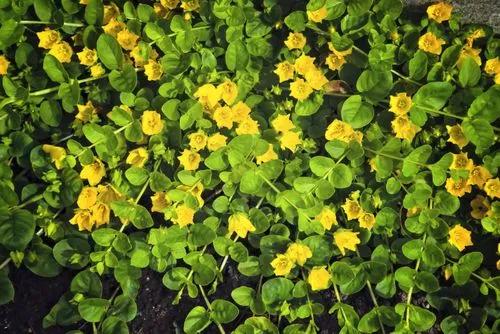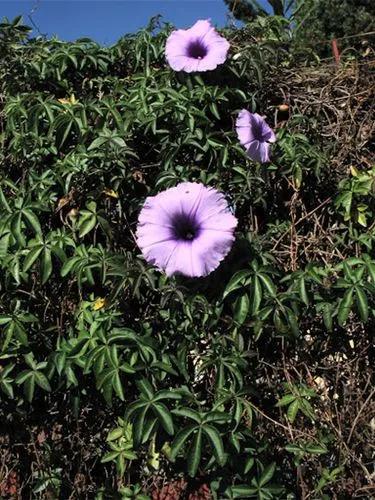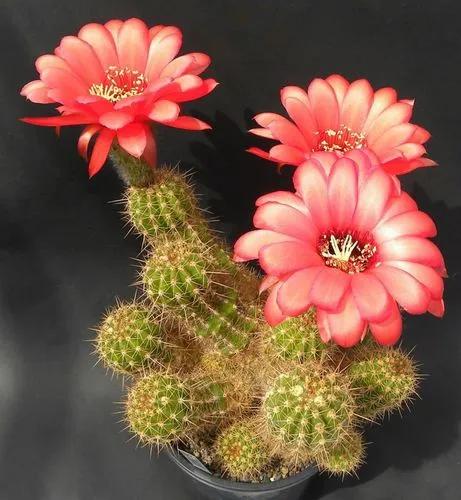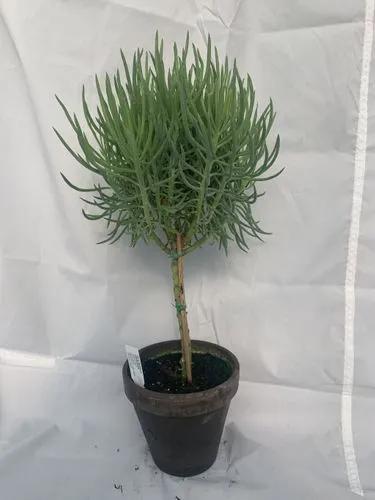Epipactis helleborine, the broad-leaved helleborine, is a terrestrial species of orchid with a broad distribution. It is a long lived herb which varies morphologically with ability to self-pollinate. Epipactis helleborine grows to a maximum height of 92 cm (36 in) and has broad dull green leaves which are strongly ribbed and flat. The flowers are arranged in long drooping racemes with dull green sepals and shorter upper petals. The lower labellum is pale red and is much shorter than the upper petals.
Epipactis Helleborine Care
Epipactis Helleborine



How to Care for the Plant

Water

Average Water Needs; Water regularly; do not overwater

Pruning

None required

Fertilizer

A seaweed or fishmeal fertilizer is ideal and should be applied at fortnightly intervals. Wherever possible, rainwater should be used to dissolve the fertilizer and for watering.

Soil

Light soil is best, with good drainage, but helleborine will tolerate other types of soil. They are especially at home in wet conditions, such as along a pond edge or stream. Full sun is ideal, and some shade is acceptable but may reduce the number of blooms.

Additional

Wasps pollinating the orchids Epipactis purpurata and E. helleborine become slow and very "sluggish" when drinking these species' nectar which is known to be toxic. We found that the nectar contains six types of fungi and three types of bacteria which arrive by air or by wasps to the flowers.

Popularity

287 people already have this plant 38 people have added this plant to their wishlists
Discover more plants with the list below
Popular articles






